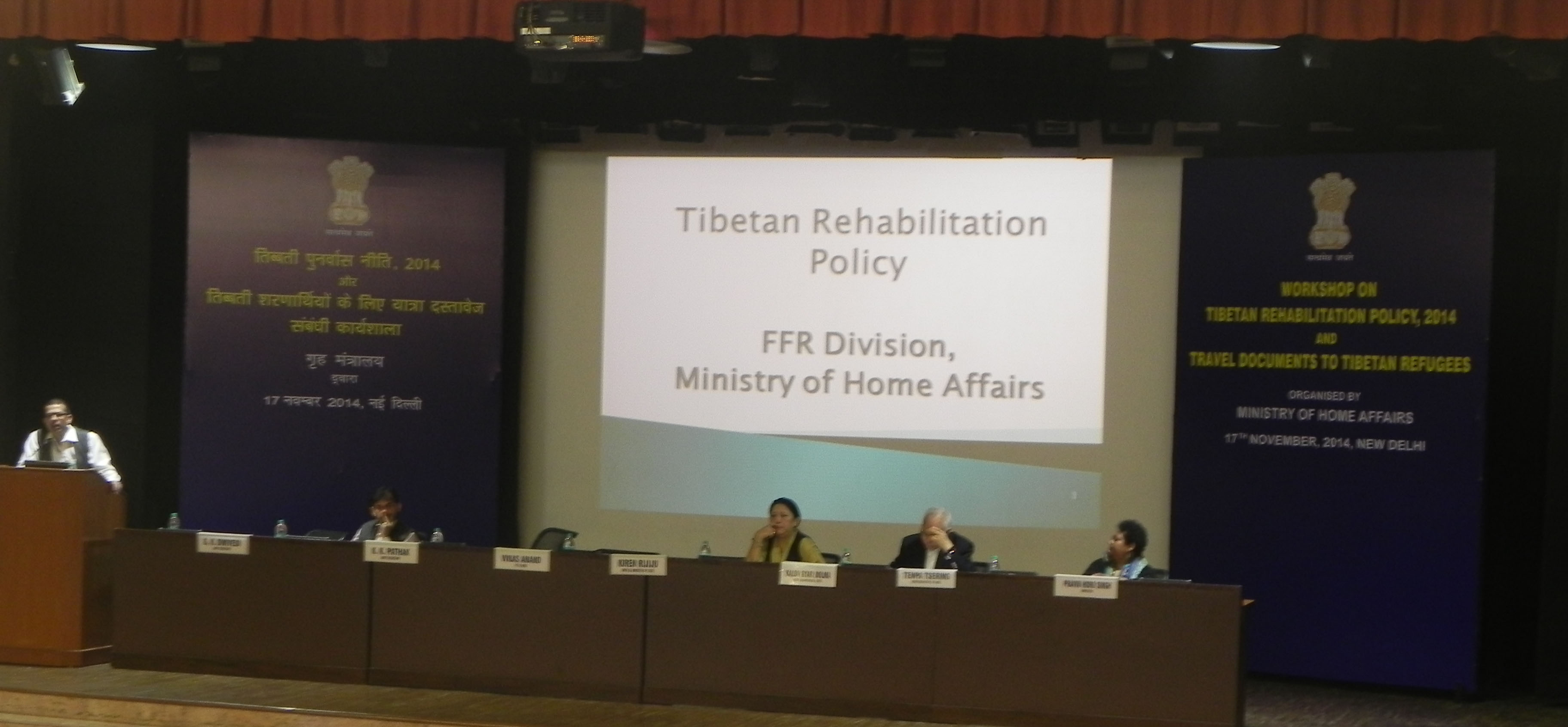
(TibetanReview.net, Oct12, 2017) – A student organisation in the northeastern Indian border state of Arunachal Pradesh has, on Oct 10, taken out a rally to protest against the state government’s decision to implement the Centre’s Tibetan Rehabilitation Policy, 2014. The policy document is meant to be a uniform guideline to the different states, clearly demarcating facilities to be extended to the Tibetan refugee community, none of them greater than or at the cost of those available to citizens.
For example, state governments can extend the benefits of the Targeted Public Distribution System to the Tibetan refugee families as a welfare measure “subject to the availability of food grains”. The document makes it clear that only citizens are entitled to the benefit as of right.
Likewise, the document does not give any land right to the Tibetan refugee community, but only a 20-year lease on the land allotted to them by the government of India for their residence and sustenance.
None of the facilities named in the Tibetan refugee community under the rehabilitation policy of 2014 is required to be compulsorily extended to the Tibetan refugee community; the state governments and the central government authorities are only encouraged to help the community if they could in the area of providing those facilities.
The policy document does not even allow Tibetans to take up jobs in the government and public sector undertakings, the largest employment sources in the country.
Nevertheless, in the case of Arunachal Pradesh, the issue has been politicized by those opposed to the BJP government which on Aug 12 said it will implement the policy.
Slogan-shouting activists of the Students United Movement of All Arunachal (SUMAA) marched from Ganga to Mithun Gate here with banners and posters that demanded rollback of the government’s decision, reported India’s PTI news agency Oct 10.
“We will continue to protest till the government rolls back its decision on the Tibetan Rehabilitation Policy,” SUMAA president Tagru Tame was quoted as telling reporters.
The report said the state government had issued a statement on Oct 9, saying it would look into the interest of the state and its indigenous population before implementing the policy. SUMAA claims that the indigenous tribal population of the state would suffer if the policy was implemented.


